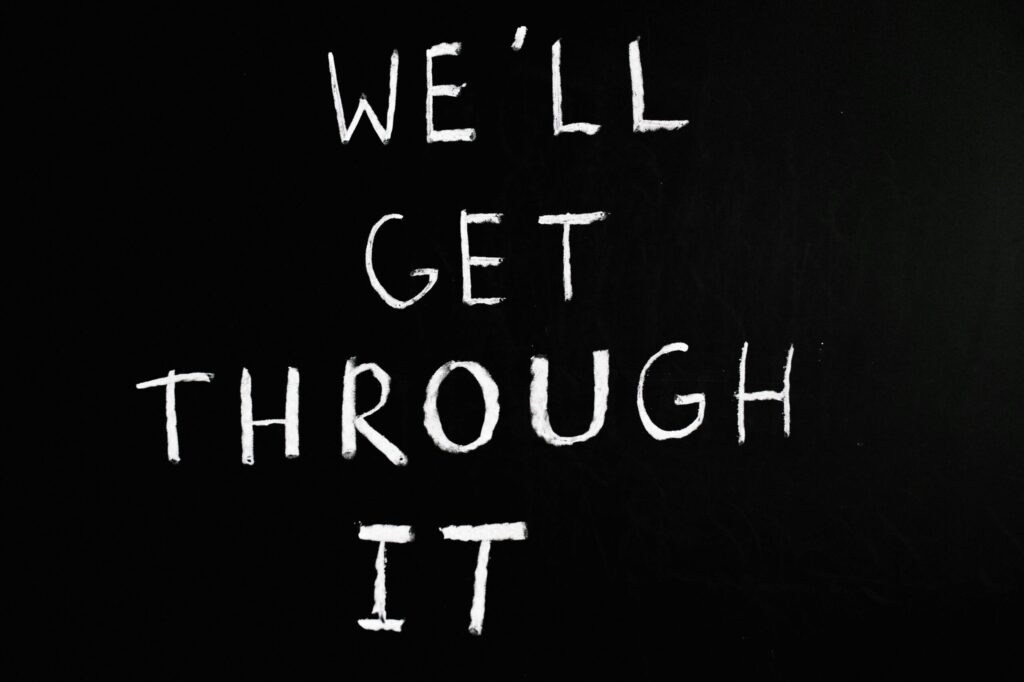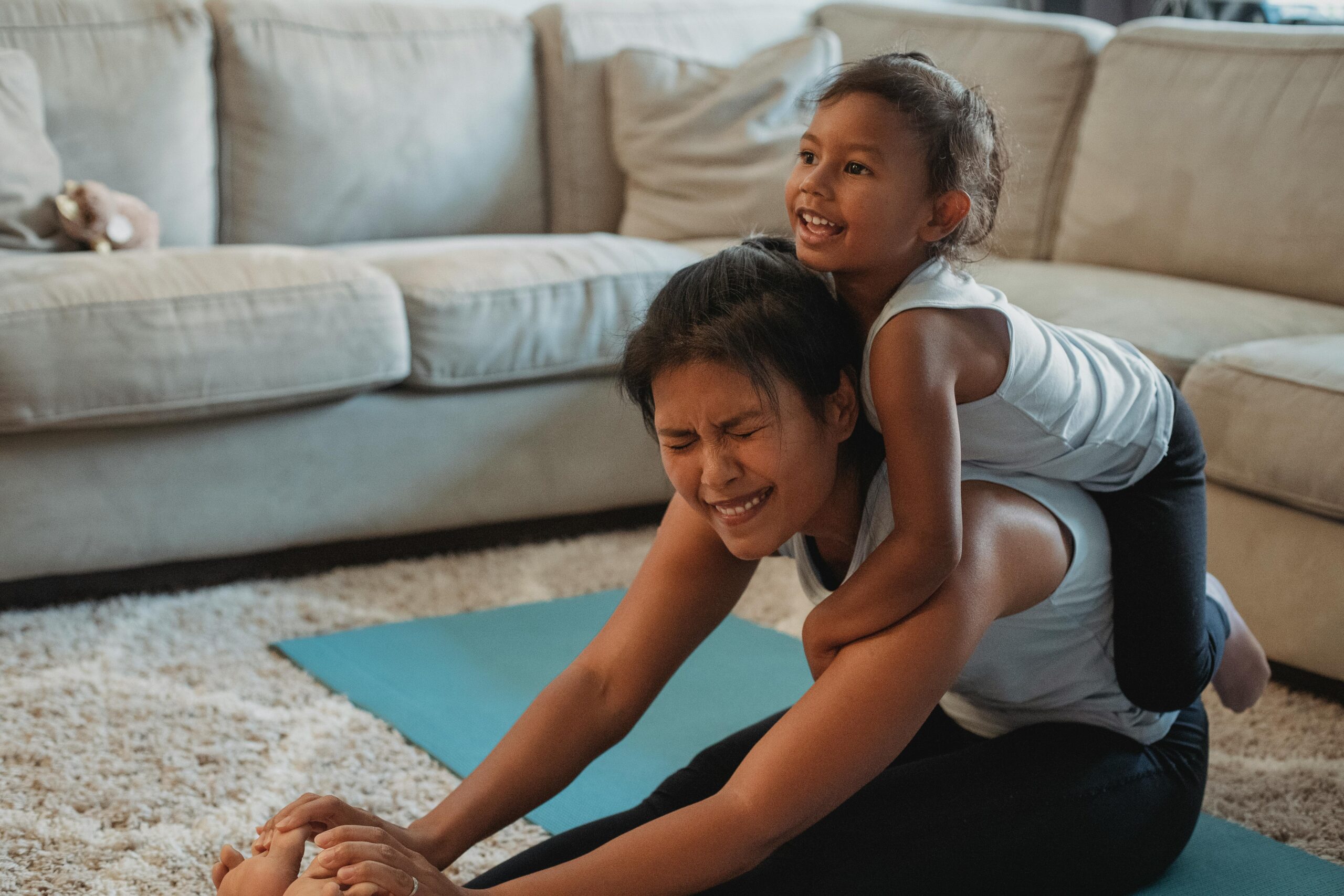Your cart is currently empty!
When people talk about autism support, they usually focus on the child—what therapies they need, which programs are best, and how schools can help them thrive. But what often gets left out of the conversation is this: Who’s supporting the parent?
Behind every therapy session, IEP meeting, and sleepless night is a caregiver trying to hold it all together. And far too often, they’re doing it with little support, even less rest, and almost no space to care for themselves.
CAREGIVER BURNOUT IS REAL. AND IT’S PERSONAL.
When people talk about autism support, they usually focus on the child: what therapies they need, which programs are best, and how schools can help them thrive. But what often gets left out of the conversation is this: Who’s supporting the parent?
Behind every therapy session, IEP meeting, and sleepless night is a caregiver trying to hold it all together. And far too often, they’re doing it with little support, even less rest, and almost no space to care for themselves.


As a mother of neurodivergent children and an educator, I’ve lived this experience from both sides. I know what it feels like to pour everything into your child’s success—while ignoring your own health, peace, and emotional needs.
Research confirms what many of us already know deep down: Parents of autistic children face high levels of chronic stress, anxiety, and fatigue. Some experience isolation, depression, or physical health issues. And still, they keep showing up, because love will make you do that.
But over time, that kind of stress—without support—can lead to burnout. And when caregivers burn out, the entire family feels it.
WHY DON’T WE TALK ABOUT THIS MORE
The truth is, our systems are designed to support the child—but rarely the caregiver. Schools, clinics, and community services often overlook the parent’s well-being, even though it directly affects the child’s progress.
Parents are expected to be therapists, advocates, teachers, and protectors. Yet very few are asked:
“How are you holding up?”
“What support do you need?”
That’s where this conversation must shift.
WHAT CAREGIVERS ACTUALLY NEED
Support for caregivers isn’t just a nice idea, it’s a lifeline. Based on my research and lived experience, the needs are clear:
- Emotional support and mental health care
- Culturally safe spaces for rest and connection
- Reliable resources and community referrals
- School partnerships that honor the caregiver’s role
It’s not about adding more to the parents’ plates; it’s about making sure they don’t have to carry it alone.
A.I.R.™: A New Way to Support Caregivers
At Seeds 2 Nurture, we use a simple framework called A.I.R.™ to guide our work with families. It stands for:
- Awareness & Affirmation – Helping parents feel seen, validated, and understood
- Information & Inspiration – Sharing tools, strategies, and real stories that empower
- Reliable Resources – Connecting families to meaningful, trustworthy support
Sometimes what a caregiver needs most isn’t a solution—it’s space to breathe. That’s what A.I.R.™ is all about.
SCHOOLS CAN (AND SHOULD) PLAY A ROLE
Caregiver burnout isn’t just a family issue. It’s a school issue, too.
When schools take time to support parents—through workshops, trauma-informed practices, and caregiver-inclusive planning—it creates stronger relationships and better outcomes for students.
Imagine if:
- Teachers were trained to recognize signs of parent burnout
- Schools hosted wellness nights for families
- Parents had toolkits with sensory items, stress supports, and community contacts
- Caregivers felt like partners, not just people filling out forms
That’s not just innovative—that’s transformative.
Final Thoughts: We Must Do Better
This is the work that matters, because burnout is real.
And for many families, it’s hidden behind smiles and survival mode. But it doesn’t have to stay that way.
When we support the people raising our neurodivergent children, we’re not just helping one person, we’re strengthening the whole system. Essentially, we’re saying:
“You matter, too.”
“You deserve rest, resources, and relief.”
“We see you.”
At Seeds 2 Nurture, we are committed to helping caregivers breathe again. To get the A.I.R.™ they need. Because a thriving child begins with a supported parent.
~TY Marian
Reference(s):
Al-Farsi, O., Al-Farsi, Y., Al-Sharbati, M., & Al-Adawi, S. (2016). Stress, anxiety, and depression among parents of children with autism spectrum disorder in Oman: A case-control study. Neuropsychiatric Disease and Treatment, 12, 1943–1951.
Baweja, R., Brown, S. L., Edwards, E. M., & Murray, M. J. (2021). COVID-19 pandemic and impact on patients with autism spectrum disorder. Journal of Autism and Developmental Disorders, 52(1), 473–482.
Harris-Marion, T. Y. (2023). Developing P.O.V. (Parents of Virtue): Identifying and Implementing Effective Supports for Parents of Children with Autism. Capstone, Fort Hays State University.
Huang, C. Y., Yen, H. C., Tseng, M. H., Tung, L. C., Chen, Y. D., & Chen, K. L. (2013). Impacts of autistic behaviors, emotional and behavioral problems on parenting stress in caregivers of children with autism. Journal of Autism and Developmental Disorders, 44(6), 1383–1390.
Kuhlthau, K., Payakachat, N., Delahaye, J., Hurson, J., Pyne, J. M., Kovacs, E., & Tilford, J. M. (2014). Quality of life for parents of children with autism spectrum disorders. Research in Autism Spectrum Disorders, 8(10), 1339–1350.
Olson, L., Chen, B., Ibarra, C., Wang, T., Mash, L., Linke, A., Kinnear, M., & Fishman, I. (2021). Externalizing behaviors are associated with increased parenting stress in caregivers of young children with autism. Journal of Autism and Developmental Disorders, 52(3), 975–986.
Pecor, K., Barbayannis, G., Yang, M., Johnson, J., Materasso, S., Borda, M., Garcia, D., Garla, V., & Ming, X. (2021). Quality of life changes during the COVID-19 pandemic for caregivers of children with ADHD and/or ASD. International Journal of Environmental Research and Public Health, 18(7), 3667.
Pozo, P., Sarriá, E., & Brioso, A. (2013). Family quality of life and psychological well-being in parents of children with autism spectrum disorders: A double ABCX model. Journal of Intellectual Disability Research, 58(5), 442–458.
Vasilopoulou, E., & Nisbet, J. (2016). The quality of life of parents of children with autism spectrum disorder: A systematic review. Research in Autism Spectrum Disorders, 23, 36–49.


Leave a Reply